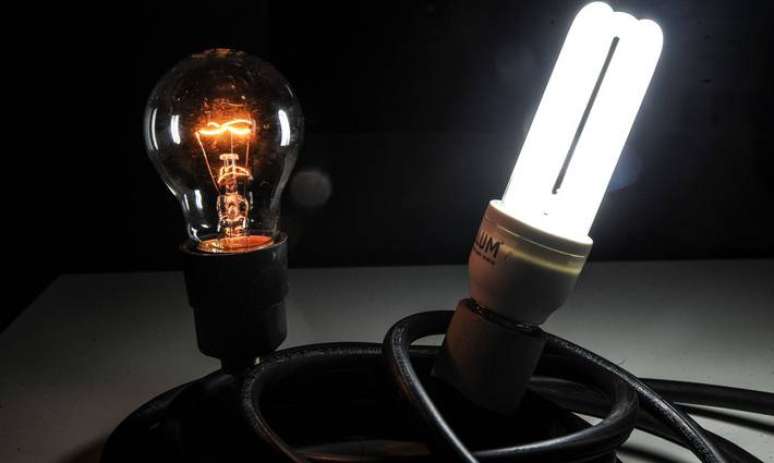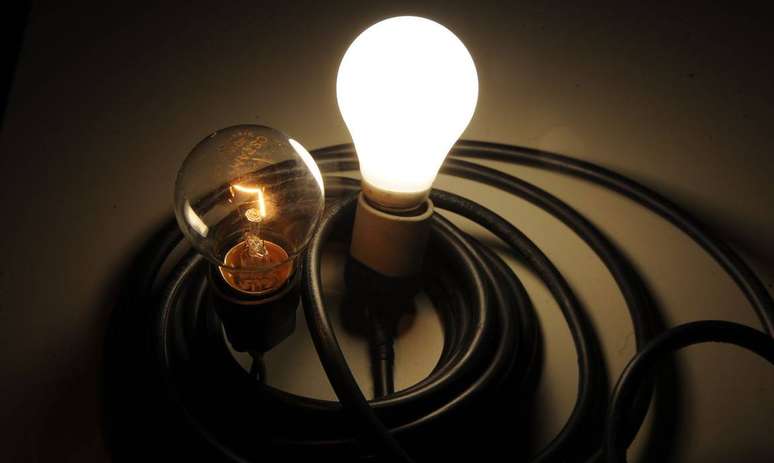If power consumption is not optimised, there is a risk of job shortages
In a scenario of global climate urgency and energy crisis in European countries, the concept of energy efficiency is back on the agenda as an important tool for sustainable development. During the World Economic Forum, the European Commission presented a green business plan as a European response to the race for industrial innovation and the production of key technologies for decarbonisation.
The plan adds to the policies initiated by other countries on sustainable industrial development, such as Japan, Canada, the United Kingdom and the United States. Industrial manufacturing processes currently account for around 29% of global CO2 emissions. In addition to renewable energies, the main contribution to CO2 mitigation must come from energy-efficient industrial technologies, such as high-performance motors, pumps and heat recovery systems, which also increase the competitiveness of companies through the reduction of operating costs.
The PotencializeEE (Transforming Investments in Energy Efficiency in Industry) program, applied in Brazil in this direction, should support a thousand small and medium-sized industries in the State of São Paulo with subsidies for energy audits that will be carried out by Senai São Paolo. This is a Brazil-Germany cooperation programme, led by the Ministry of Mines and Energy and coordinated by the GIZ (German Agency for International Cooperation).
In European industry, energy efficiency is a matter of survival and job retention. In Brazil, it is responsible for 32% of the national energy consumption and almost 40% of the total electricity consumed. If power consumption is not optimised, there is a risk of job shortages.
Brazil has a competitive advantage in offering the global market low-carbon products by combining its significant renewable energy generation potential with energy efficiency. Data from ABB in Brazil indicates that 48% of companies are already investing in increasing energy efficiency and that 51% plan to invest.
São Paulo industries that want to invest in efficiency will benefit from easy access to finance through a Guarantee Fund, managed by Desenvolvimento SP. The environmental impact of the program is estimated at 1.1 million tons of CO2. We are building an ecosystem that enables industries to achieve a low-carbon economy and promotes market growth for more efficient industrial machinery suppliers. /Director of the PotencializEE program at GIZ (Deutsche Gesellschaft für Internationale Zusammenarbeit), a German international cooperation agency

Source: Terra
Rose James is a Gossipify movie and series reviewer known for her in-depth analysis and unique perspective on the latest releases. With a background in film studies, she provides engaging and informative reviews, and keeps readers up to date with industry trends and emerging talents.






